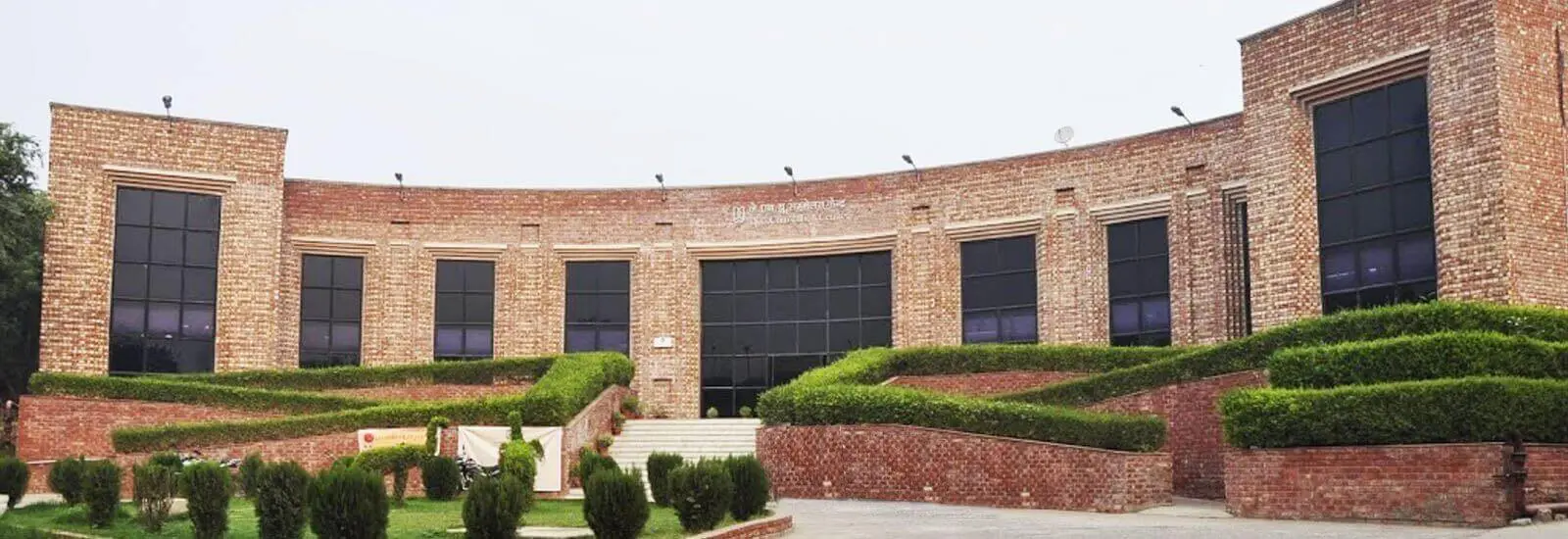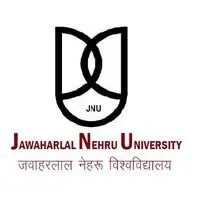Overview
Jawaharlal Nehru University (JNU) was established in Delhi in the year 1969 as a result of an enactment passed by the Parliament by the name of Jawaharlal Nehru University Act in 1966. It soon rose to be one of the premier universities in India pioneering in various academic and research fields with some of the best faculties in the country. The University was set-up on the principles of promoting national integration, social justice, secularism, democracy, international understanding and initiating scientific rigour and approach to the problems of the society.
HONOURS AND ACCREDITATIONS
In 2016, JNU was ranked 3rd by the National Institutional Ranking Framework (NIRF), Government of India and ranked 2nd in 2017 and 2018 consecutively among the list of all the universities in India. JNU also topped the list with an ‘A++’ ranking awarded by the National Assessment and Accreditation Council (NAAC) in 2017. The University was also awarded by the President of India with the Best University Award in 2017. Plus, the European Commission conferred the Jean Monnet Centre of Excellence for European Union Studies in India (CEEUSI) to JNU in 2018. This is one of the highest international recognitions for any European Studies program in the world.
Academic Performance
The academic structure at Jawaharlal Nehru University has been built on principles of interdisciplinary exploration and has been able to overcome the conventional notions of the ‘Department’ structure by bringing allied disciplines under a single umbrella called ‘Schools’. Under these schools, there are units offering specializations called ‘Centres’. There are also ‘Special Centres’ that explore specific domains without curtailing academic freedom from limiting them to a particular School. At present, there are 13 schools in the fields of Language, Humanities and Sciences. These Schools comprise of 55 Centres, 7 Special Centres and, advanced Language and Science Labs equipped with modern technology, elaborate libraries and other amenities.JNU is the melting pot of advanced research, interdisciplinary approach and modern management practices that makes JNU one of the pioneering Universities of the world today which produces industry-ready professionals, academicians, scientists, bureaucrats to lead institutions and organizations to great heights.
Research and development
Every year students and scholars at JNU undertake research projects in interdisciplinary fields across various Schools and Centres at national as well as international level through collaborations with leading Universities, agencies and organizations. In 2017-18 alone, JNU awarded 622 PhD degrees as a mark of the outstanding level of quality and the sheer volume of research being conducted in the university. Students and Scholars participated in close to 2000 international seminars and conferences and received 134 National/ International awards in the same year. Scholars went on to publish 1040 Articles in leading Journals across the globe along with 133 books on various researches undertaken at the university. In 2017-18, JNU organized 454 National and International level conferences along with collaborating with other Universities/ agencies to organize 1544 National and 415 International conferences and seminars.
Placement Highlights
JNU provides its students and scholars with an enriching learning environment and prepares them for various jobs and roles at various institutions, agencies and companies ranging from academic institutions, bureaucrats Public Sector Undertakings, Private MNCs, etc. JNU has an active Placement Cell since 2008 and works incessantly to provide the best opportunities for its students. It organizes placement camps/ fairs and workshops to attract recruiters and also reaches out through its alumni network. Students from the university are mainly placed in corporate entities, Research and Development organizations and Academic institutions. Students have been placed in organizations like Amazon, Google, Samsung, McKinsey & Company, NIIT, Siemens, Infosys and many other leading organizations.
Notable Alumni
Nirmala Sitharaman, the economist and politician, and the Minister of Finance and Corporate Affairs of India obtained an M.A. in Economics and an M.Phil. from JNU in 1984. Subrahmanyam Jaishankar, Minister of External Affairs of the Government of India, holds a Masters in Political science and an M.Phil. and Ph.D. in international relations from the University. The Ramon Magsaysay Awardee, Palagummi Sainath, a journalist who focuses on socio-economic inequality, poverty, and consequences of globalisation in India, is a graduate in history from JNU. Sitaram Yechury, a leader of the Communist Party of India (Marxist), CPIM, passed M.A. in Economics with first class from JNU. Amitabh Kant, a 1980 IAS officer, and the second CEO of (National Institution for Transforming India)NITI Aayog holds an M.A. from JNU. Swara Bhaskar, the actor, known for her roles in independent films studied master’s in Sociology from JNU Delhi. Sonajharia Minz, an Adivasi activist and academician did her M.Phil. Ph.D. in Computer Science from JNU.

